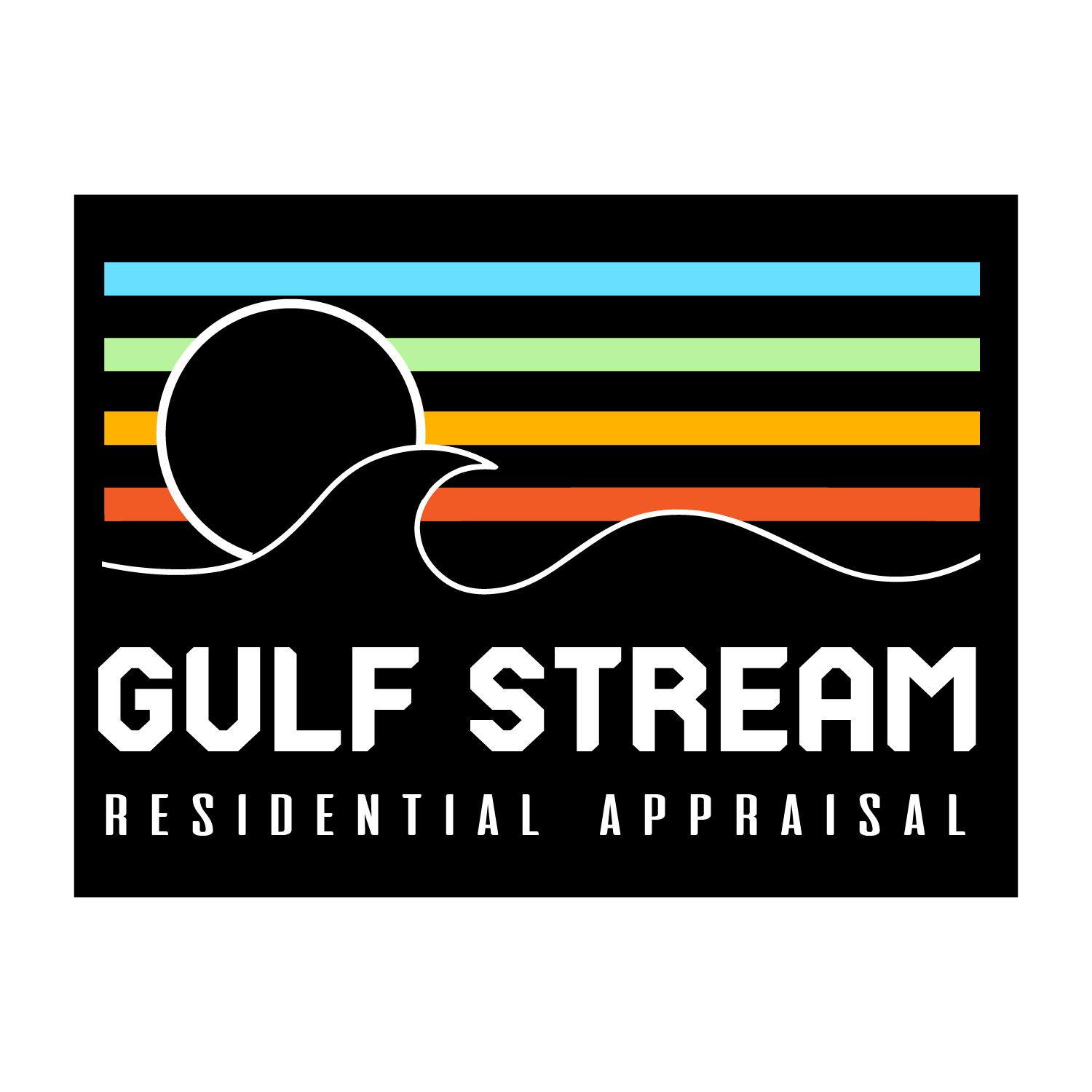Charlotte County Pauses Proposed Accessory Dwelling Code Changes After Concerns
Charlotte County commissioners have postponed a decision on amending zoning codes to allow accessory dwelling units (ADUs) on single-family lots. The proposed change aimed to expand affordable housing options but raised questions about enforcement and neighborhood impacts.
The code revision would have permitted homeowners to convert garages or other structures into small ADU rentals in certain areas. It also proposed enabling duplexes on lots zoned for single-family housing.
At a recent meeting, commissioners delayed the first of two public hearings on the changes after debating potential issues. Concerns included how to guarantee ADUs remain affordable, prevent improper use as short-term rentals, and avoid altering neighborhood character.
The county's affordable housing advisory committee will now form a task force to further study ADU regulations. They plan to examine other counties' approaches and solicit public input. Findings will be presented to commissioners to address their concerns.
Supporters argue ADUs and duplexes provide low-cost rental options for workers, seniors, and young residents by utilizing existing infrastructure more efficiently. But some worry about improper use and oversight.
Striking the right balance between affordability and preserving single-family neighborhoods remains contentious. For now, Charlotte County will gather more research before deciding whether to greenlight zoning changes enabling alternative dwelling formats.
The advisory committee's task force will hold public meetings in November and December. They aim to deliver recommendations to commissioners by year's end, but final action could stall into 2023.
My thoughts :
The recent debate over allowing accessory dwelling units (ADUs) highlights the difficult tradeoffs Charlotte County faces in promoting affordable workforce housing. While concerns around neighborhood character are understandable, prioritizing affordability and density is imperative.
Full-time ADU rentals and duplexes on single-family lots provide cost-effective infill housing options. Young residents, fixed-income seniors, service workers and other groups need flexible, lower-cost living choices to thrive here. This requires updating outdated zoning focused solely on detached single-family homes.
Continuing to restrict housing formats will only exacerbate shortages and price out critical workforces. Teachers, nurses, hospitality staff and construction workers keep our economy humming. But rising rents and home prices make Charlotte County untenable for many.
Certainly, regulations and oversight must balance affordability with livability. But fears of changed "neighborhood character" cannot justify policies that functionally exclude less affluent residents.
Rather than resist all density, current homeowners should recognize the benefits of gradual, organic infill. Younger generations and lower-income groups are vital for a vibrant, economically diverse community.
Moving forward, county leaders must fully legalize ADUs and other flexible housing types. Increased density done thoughtfully maintains neighborhood continuity while allowing Charlotte County to welcome all who contribute to its prosperity.
To read more about this project visit Gulfshore Business.

